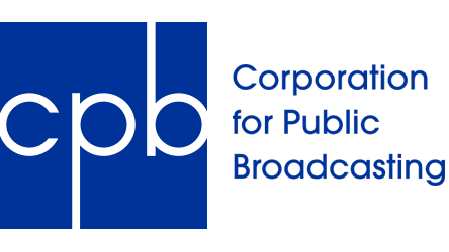Audience confidence in TV news fading
Gone are the days when viewers believe everything they see and hear on TV. A recent survey by the Gallup organization finds that audience confidence in television news has hit an all-time low this summer.
Only 21 percent of adults expressed confidence in news programming. This marks a steady decline from 27 percent last year and from 46 percent when Gallup began tracking confidence in television news in 1993.
The findings are from Gallup’s annual update on confidence in U.S. institutions, conducted on June 7-10 of this year. As such, Gallup said the findings preceded the erroneous early reports by Fox News and CNN regarding the U.S. Supreme Court decision about the constitutionality of the healthcare legislation.
The results are a setback for both television news and newspapers. Just 25 percent of those polled expressed confidence in newspapers, the second-lowest rating since 1973 and less than half of the 51 percent peak in 1979.
Gallup said liberals and moderates lost so much confidence in television news this year—11 and 10 points, respectively—that their views are now more closely aligned with conservatives’ views. This marks a turnaround from the pattern seen since 2009, in which liberals expressed more confidence than conservatives.
The last time conservatives’ views of television news were similar to liberals’, according to Gallop, was in June 2008, before the last presidential election. However, moderates are significantly less confident now than they were then—20 percent versus 28 percent.
Gallup said it is not clear precisely why Americans have soured so much on television news this year compared with last. However, the organization said Americans have grown more negative about the media in recent years, as they have about many other U.S. institutions (and the direction of the country in general).
The professional video industry's #1 source for news, trends and product and tech information. Sign up below.
Still, Gallup warned confidence in television news could plummet further, citing examples like the high-profile errors CNN and Fox News recently made (initially reporting the opposite of what was actually true) in their rush to be first in coverage of the intensely debated Supreme Court healthcare law ruling.
